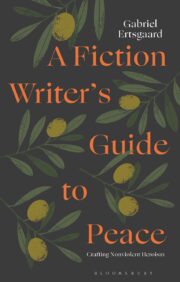Narrative Worlds Season 2 Debuts 11/21!
We’re pleased to announce that the second season of Narrative Worlds will debut on Sunday, November 21, at 1:00pm Pacific Time! Part of the ongoing 2021 Nebula Conference Online, this worldbuilding webinar series is hosted by best-selling author and SFWA member Kate Elliott. Her guest for the first episode of Season 2 will be award-winning […]


